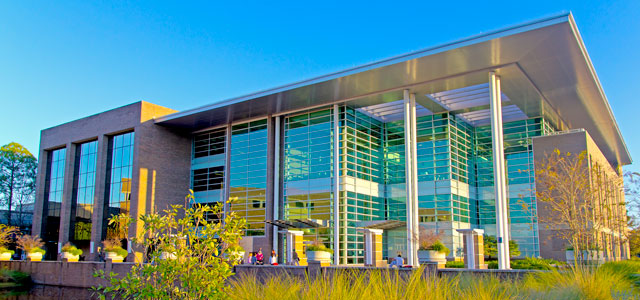Document Type
Conference Proceeding
Publication Date
2014
Abstract
Since its inception in 2011, the Digital Projects and Preservation Department at the University of North Florida (UNF) Library has been digitizing print theses and dissertations while also offering a mediated option for online submissions through its institutional repository (IR). It was not until Fall 2012 that the submission of electronic theses and dissertations (ETDs) became a requirement for the university graduates. As time passed and the number of ETDs deposited grew, so did the need to streamline processes to avoid duplication of efforts, improve efficiencies, and save time. After much experimentation and effort, the presenters were able to successfully build an ETD workflow that was both functional and feasible, while also sustainable in the long-term.
This workflow consisted of streamlining efforts from authors and library staff by creating quality metadata in one place, the UNF Digital Commons Repository, and reusing it by automatic harvests to other discovery systems. The ETD authors provided keywords while librarians enhanced the metadata with controlled vocabularies for subjects, and authority records for the authors and university departments. The process allowed the presenters to provide quality metadata by capitalizing on both the ETD authors’ expertise in the subject matter and the library staff’s experience in providing metadata to describe resources. To support the additional enhancements of controlled vocabularies, the presenters worked in collaboration with BePress Support Services to customize the local IR system. At the end, unnecessary duplication of effort was avoided and shareable metadata that could be repurposed and used by other systems was produced. **For the detailed ETD metadata workflow see: http://journal.code4lib.org/articles/11676
The following session will cover this practical workflow and the experiences and challenges encountered by the presenters during its development. The session will be particularly useful to those institutions who use the BePress Digital Commons institutional repository software, as well as those who want to provide important legacy metadata for the future. Ideas on how to do more with less staff by making the best use of organizational resources will be provided.
Recommended Citation
"Navigating the Universe of ETDs: Streamlining for an Efficient and Sustainable Workflow at the University of North Florida Library" -- Presentation at the USETDA Annual Conference, Orlando, FL, Sept. 2014 by Courtenay McLeland and Marielle Veve



Comments
USETDA 2014 Conference Program
**For the detailed ETD metadata workflow see: http://journal.code4lib.org/articles/11676